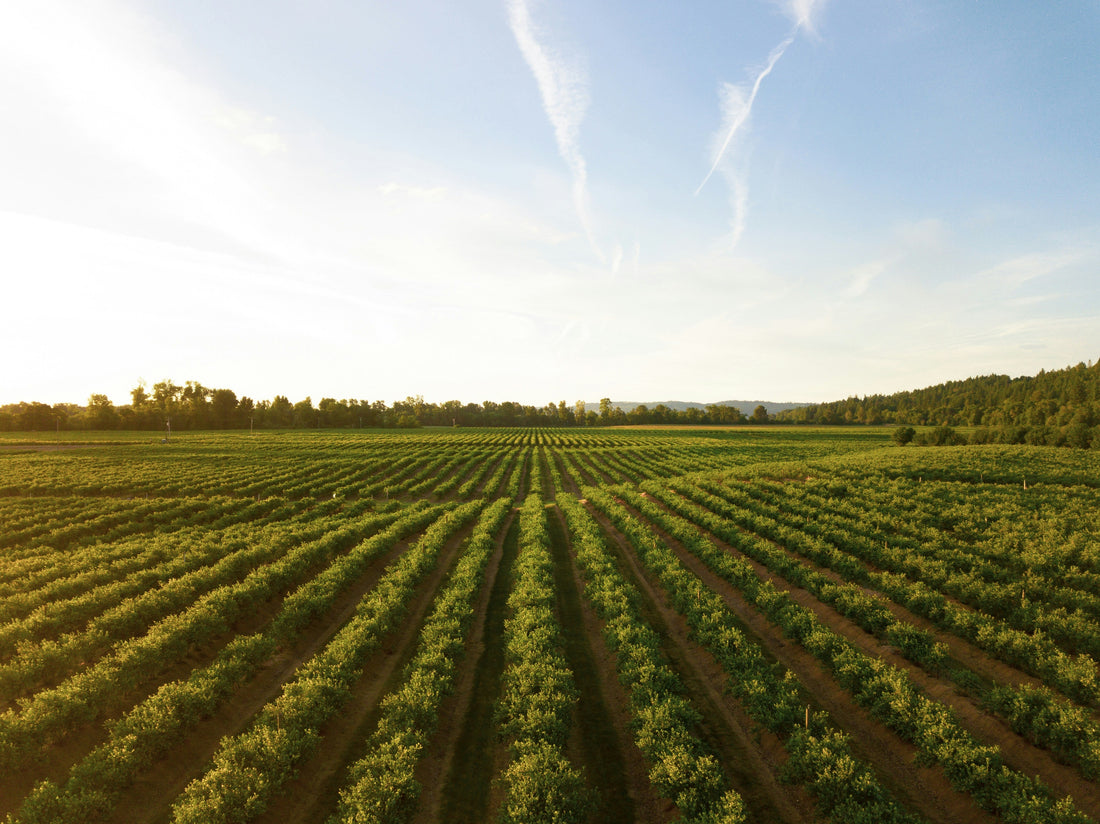Honeybees are not only producers of honey, they are also vital players in the world’s agricultural systems. These industrious insects are responsible for pollinating a wide variety of crops that make up a significant portion of our diets. Yet, their populations are declining at alarming rates due to factors such as habitat loss, pesticides, and climate change. Understanding the critical role of honeybees in agriculture helps us appreciate their importance and highlights why protecting them is essential for food security.
In this article, we’ll talk about the indispensable role of honeybees, the consequences of their absence, and how we can ensure their survival.
The Essential Role of Honeybees in Pollination
Pollination is the process by which pollen is transferred from the male parts of a flower to the female parts, enabling plants to produce fruits, seeds, and new plants. While some plants are pollinated by the wind or other animals, many rely on insects and honeybees are among the most effective pollinators.
Why Honeybees Are Ideal Pollinators
Honeybees are excellent pollinators because of their unique behaviors and physical traits:
● Efficient Foraging: A single honeybee can visit hundreds of flowers in one trip, spreading pollen as it goes.
● Floral Constancy: Honeybees tend to stick to one type of flower during a foraging trip, which increases the likelihood of successful pollination.
● Social Structure: Hive populations can exceed 50,000 bees, enabling them to pollinate large areas effectively.
Crops such as almonds, apples, cherries, blueberries, melons, and many others depend heavily on honeybees for pollination. Without them, these crops would face reduced yields, significantly impacting global food production.
What Would Happen Without Honeybees?
The loss of honeybees would have devastating effects on agriculture and ecosystems. If you’ve ever wondered, what would happen without honeybees?, here are some key consequences:
1. Decline in Crop Yields
Approximately 35% of the world’s food crops depend on pollinators like honeybees. Without their services, crop yields would plummet. Fruits, nuts, and vegetables would become scarcer and more expensive, creating challenges for farmers and consumers alike.
2. Nutritional Deficiencies
Crops pollinated by honeybees are often rich in essential nutrients. Without these foods, diets would lack diversity, and populations could face increased risks of vitamin and mineral deficiencies.
3. Economic Losses
The agricultural industry relies on honeybee pollination, which contributes billions of dollars annually to the global economy. The loss of honeybees would lead to economic hardship for farmers, food producers, and entire communities.
4. Ecosystem Disruption
Honeybees don’t just pollinate crops—they also support wild plants that provide food and habitats for countless other species. Their decline could trigger a ripple effect throughout ecosystems, harming biodiversity.
The Agricultural Crops That Rely on Honeybees
Honeybees are vital for pollinating a wide range of crops. Some of the most well-known include:
● Almonds: Almond production is almost entirely dependent on honeybee pollination.
● Fruits: Apples, oranges, cherries, and watermelons owe their abundance to honeybee activity.
● Vegetables: Cucumbers, pumpkins, and squash all rely on bees for successful fruiting.
● Nuts and Seeds: Crops like sunflowers and canola benefit from honeybee pollination for seed production.
Even plants that don’t rely exclusively on bees often see increased quality and quantity when bees are present. For example, strawberries pollinated by bees tend to have a longer shelf life.
How to Protect Honeybees and Their Role in Agriculture
The importance of honeybees cannot be overstated, which is why protecting them is crucial. Here’s how we can ensure their survival:
- Reduce Pesticide Use
Pesticides, particularly neonicotinoids, are harmful to honeybees. Farmers and gardeners can switch to bee-friendly alternatives and apply treatments at times when bees are not actively foraging.
- Plant Pollinator-Friendly Flowers
Providing a diverse range of native flowers ensures bees have access to food throughout the growing season. Creating wildflower meadows or planting pollinator-friendly hedgerows can make a big difference.
- Support Local Beekeepers
Buying honey and beeswax products from local beekeepers helps sustain apiaries. Beekeepers play a critical role in managing healthy bee populations.
- Advocate for Policy Changes
Support legislation aimed at habitat preservation, pesticide regulation, and funding for research on bee health.
The Future of Agriculture Without Honeybees
If honeybee populations continue to decline, the agricultural industry will need to find alternative pollination methods like robots designed to mimic bee action or hand pollination.
While these methods could provide partial solutions, none are as efficient, cost-effective, or ecologically beneficial as honeybees themselves.
Conclusion
Honeybees are indispensable to agriculture, biodiversity, and food security. They contribute to the production of a vast array of crops, from fruits and nuts to vegetables and seeds, and their loss would create far-reaching challenges for ecosystems and economies.
As we continue to ask questions like what would happen without honeybees? the answer becomes clear: protecting honeybees is essential for the sustainability of our food systems. By taking proactive steps to support these critical pollinators, we can ensure a healthier and more secure future for both agriculture and the environment.
References
FDA. Helping Agriculture's Helpful Honey Bees. Retrieved from https://www.fda.gov/animal-veterinary/animal-health-literacy/helping-agricultures-helpful-honey-bees
UN Environment Programme (2022). Why bees are essential to people and planet. Retrieved from https://www.unep.org/news-and-stories/story/why-bees-are-essential-people-and-planet

